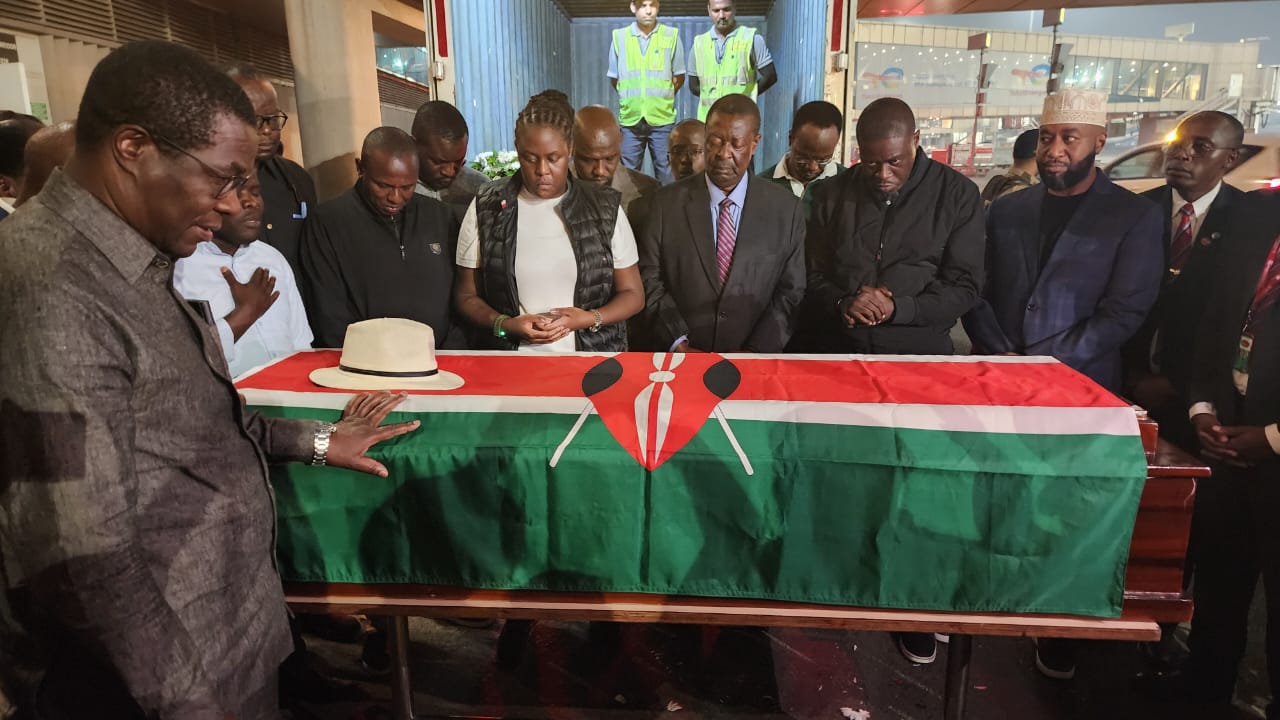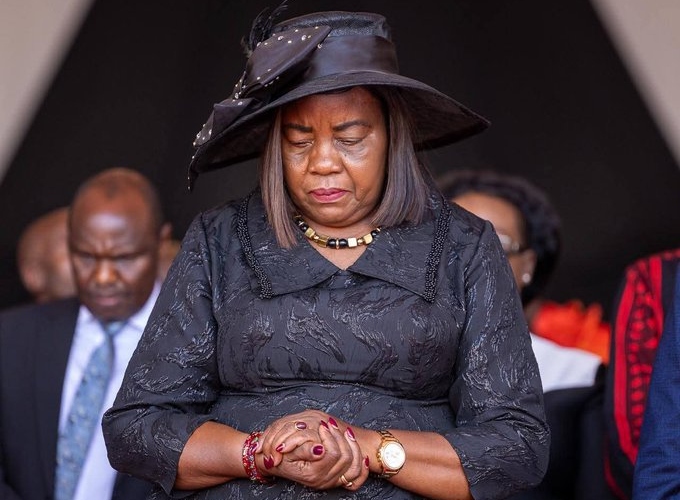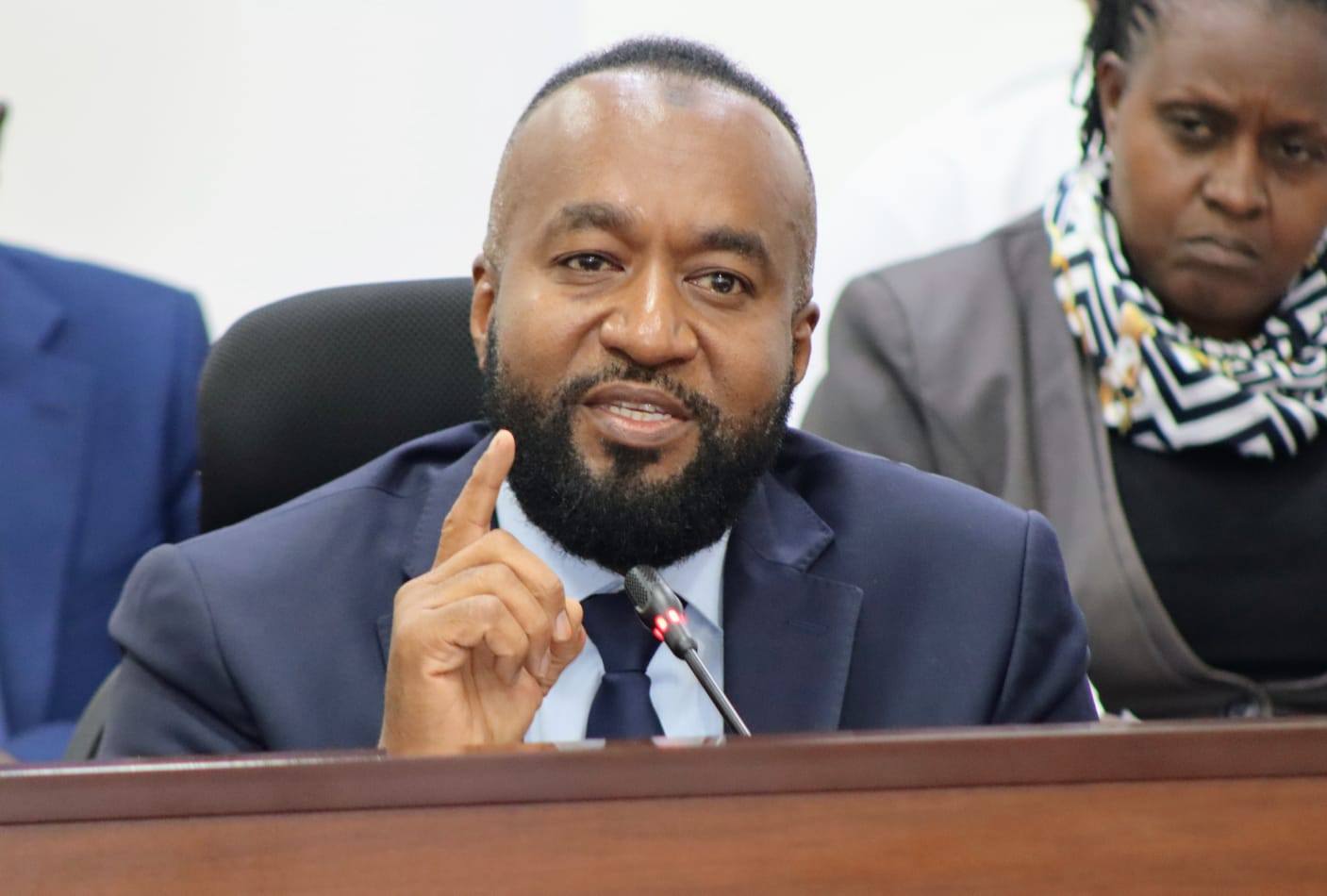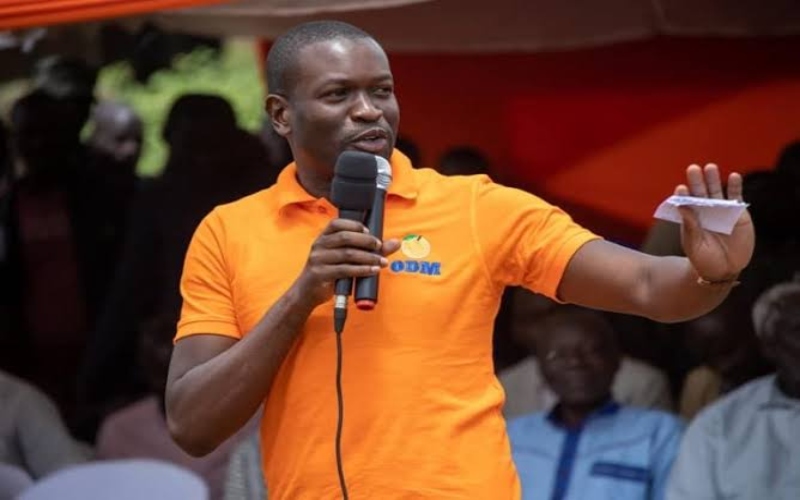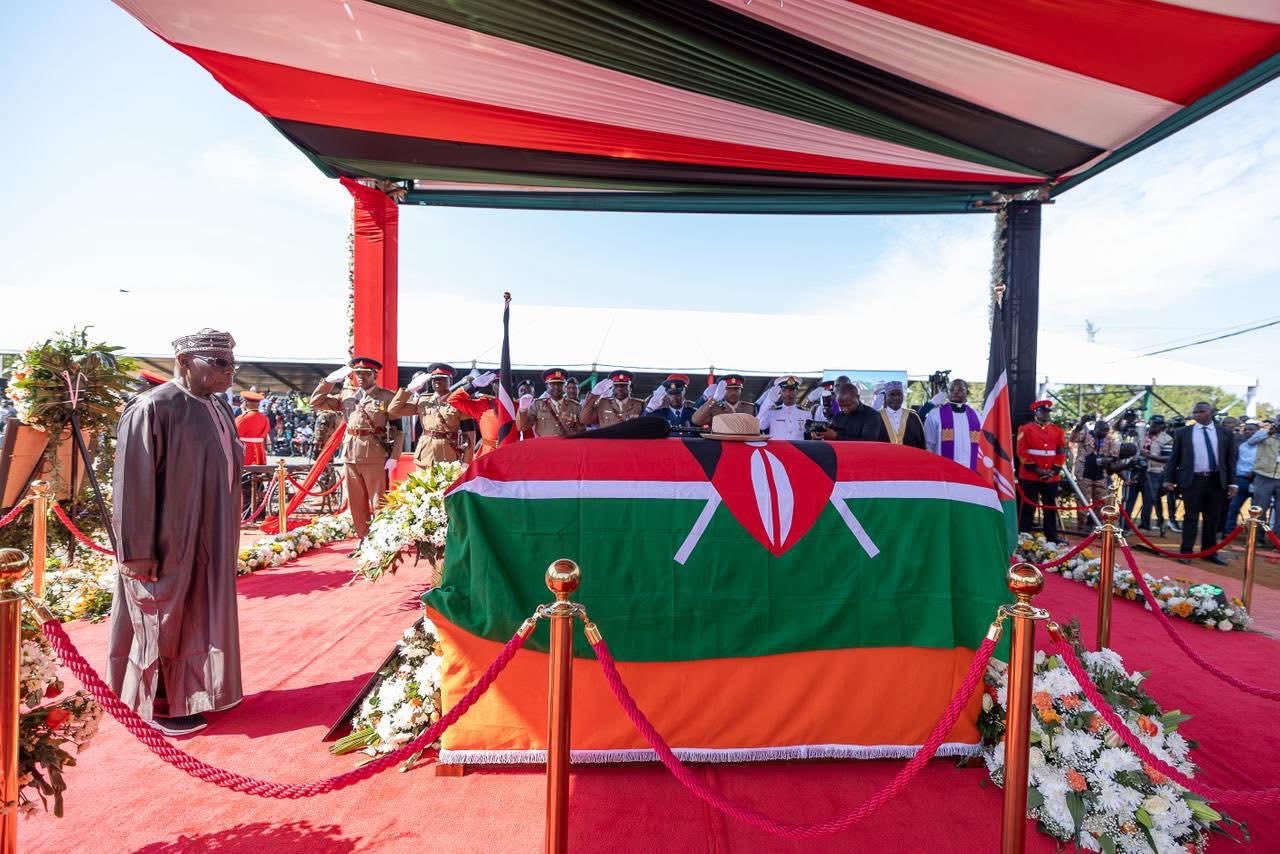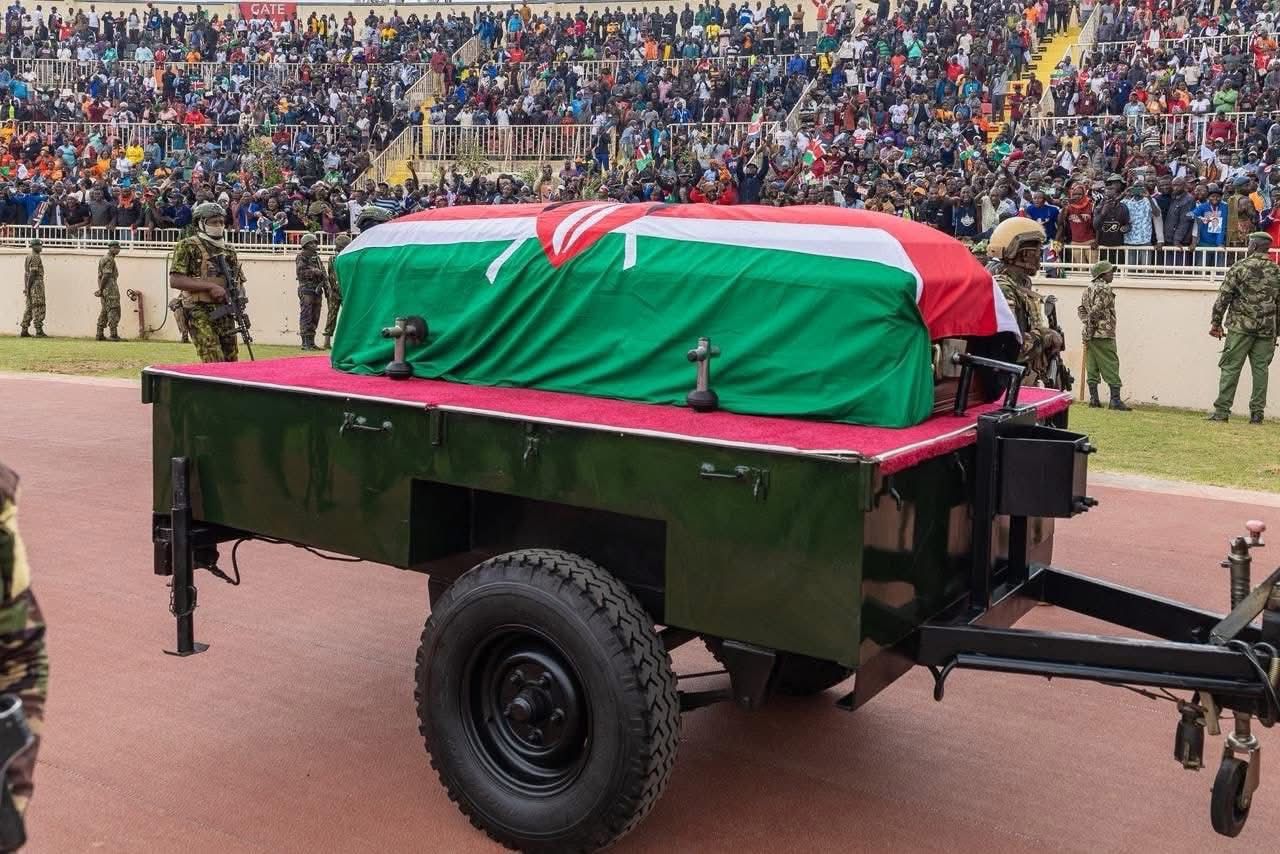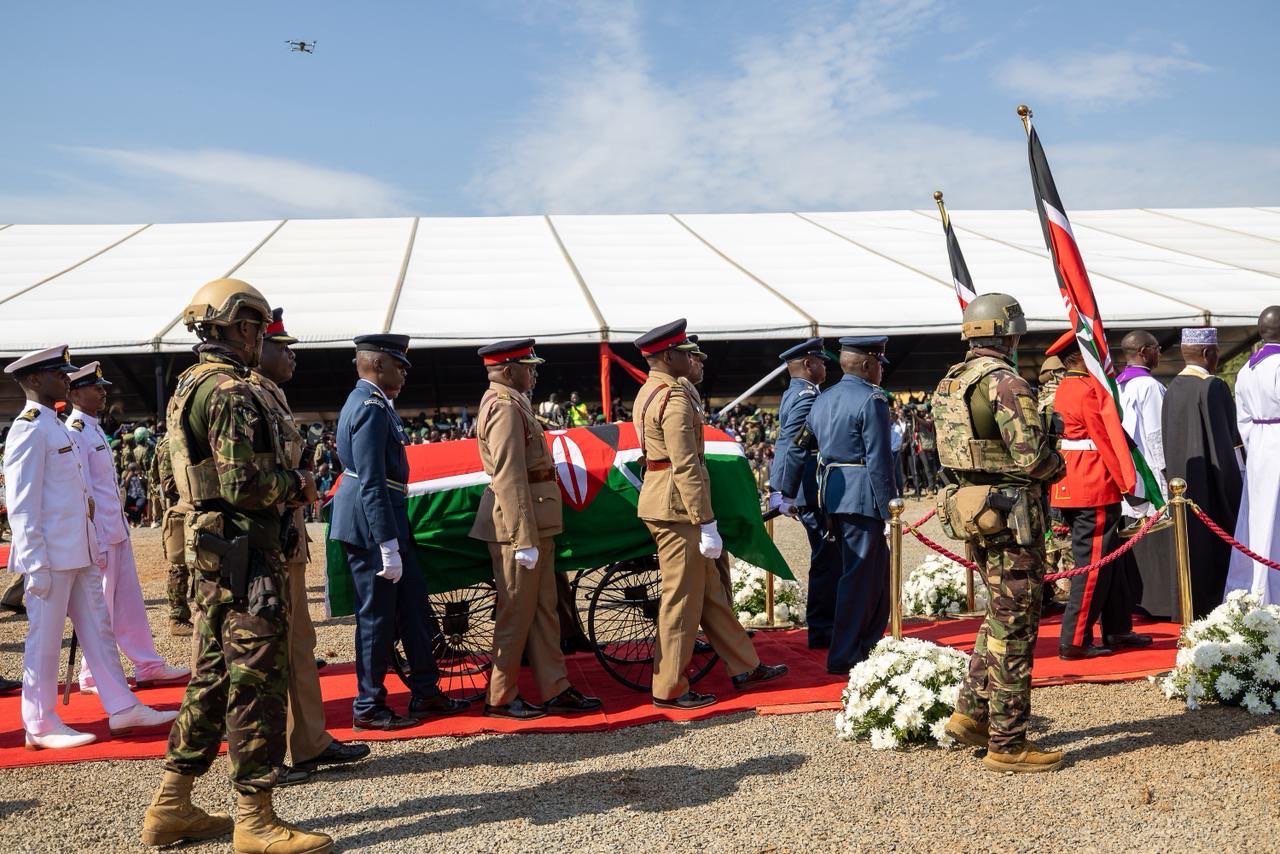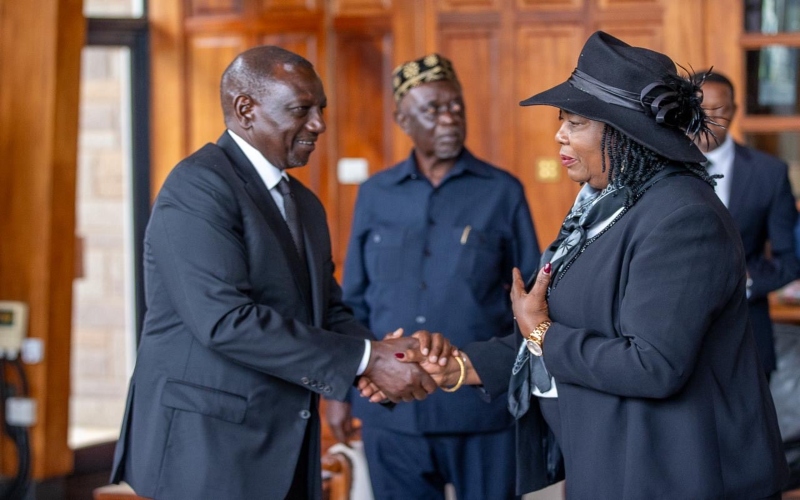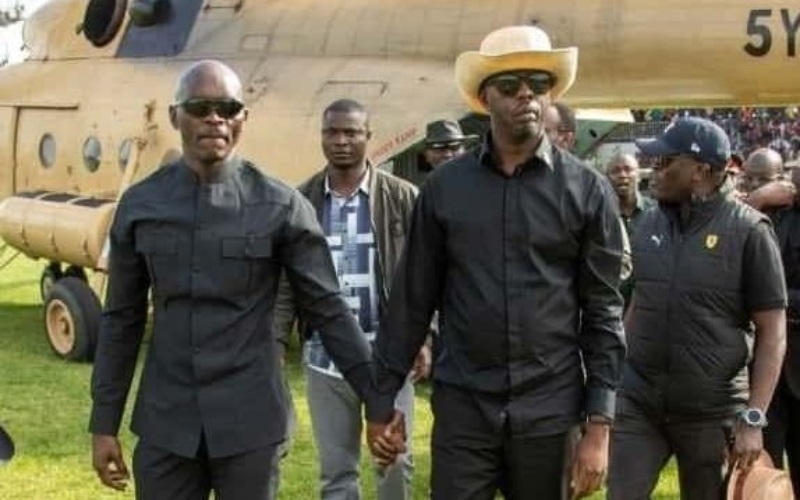Fazam Football Academy aims to shape the future of Kenyan football in Eastleigh
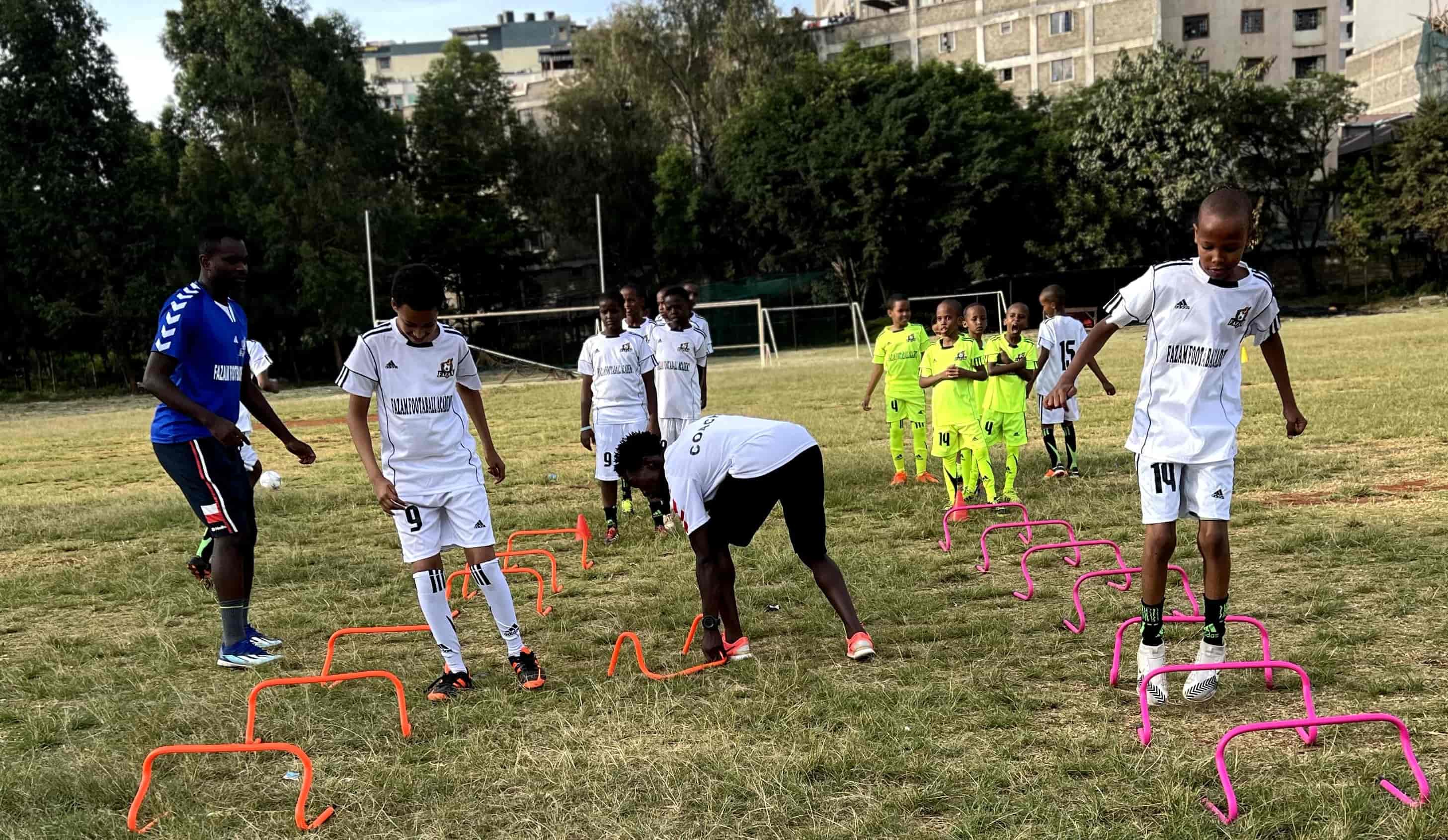
Fazam Football Academy, located in Eastleigh, Nairobi, is on a mission to fill the gap in player development in Kenyan football. With over 60 young players enrolled and an ambitious plan to expand to 600 by June, the academy is focused on providing quality coaching, instilling strong character, and offering a platform for players to progress to top-tier Kenyan football clubs. Established by Feisal Mohamed, the academy has quickly gained attention for its commitment to fostering talent and promoting community engagement.
It is a cool and calm Saturday afternoon in Eastleigh, a bustling neighbourhood in Nairobi County’s Kamukunji Constituency. The sun, though setting, shines brightly from the sky above Eastleigh’s high-rise apartments and expansive shopping malls. However, its sensation on the skin is gratifyingly warm because there is a gentle breeze blowing that neutralises its brutal heat.
As such, it is a blissful time to be outside in Eastleigh and at the Eastleigh High School football ground, members of Fazam Football Academy’s U9 and U13 teams exhibit an enthusiastic expression of the joy of the outdoors as they go through training drills under the watchful eyes of their two coaches. Also watching them is the academy’s founder and director, Feisal Mohamed, two coaches, and the academy’s media officer, who takes photos and videos for later review and analysis by coaching staff, and shares them on the academy’s growing TikTok account.
More To Read
- How blocked drainage systems, open sewers threaten lives, businesses in Eastleigh
- MP Yusuf Hassan donates food, blankets to victims of three Kamukunji fire incidents
- Nairobi Chief Officer Geoffrey Mosiria leads crackdown on illegal dumping, hawkers in Eastleigh
- Eastleigh mall owners protest return of hawkers, call for county action
- Relief for Eastleigh residents as construction begins on Seventh Street after years of neglect
- From fires to missing children: How Eastleigh’s communal spirit responds to crisis
“These training drills are important as they help the boys develop their agility and endurance, enabling them to carry their own weight,” Feisal says as he explains the purpose of the boys jumping over hurdles and running around cones.
Feisal and the coaches know all the players by name and constantly call them to congratulate or encourage them.
“We have five coaches. All of them have at least a CAF “D” License and are trained in grassroots and community football coaching. Their additional qualifications in youth football coaching are also an asset to us since we are keen on developing players for teams playing in the FKF Premier League and the National Super League. Most Kenyan clubs do not develop players, and we aim to fill that gap,” Feisal says.
Fazam Football Academy, Feisal adds, also benefits from the experience and knowledge of 26-year-old Abdirahman Ali Abubakar, a football coach born and raised in Eastleigh who holds a CAF “A” License. “Abdirahman currently coaches top Somali football team Horseed SC but is part of this project,” Feisal says.
The equidistantly arranged hurdles and training cones are evidence of the investment Feisal and his partners have made to get the academy up and running.
The young players look neat in their matching and fitting playing kits. Laying in a heap a few metres away from them is a large sack containing bibs and more training equipment, and training further away from them, in orange kits, are members of the academy’s oldest age group, the U18 players.
“For FKF to allow you to operate an academy, you have to provide proof of finances as well as register a permanent address and training ground. Eastleigh High School was kind enough to allow us to set up our offices on their premises and use their football pitch as a training ground,” Feisal says before mentioning with immense pride that the current FKF President Hussein Mohamed and FKF Vice President McDonald Mariga had recently paid the academy a visit and expressed satisfaction with their operations.
“To foster good relations with the school, Feisal Academy currently sponsors the education of five students at Eastleigh High School. Those five students are also members of our U18, and we hope to increase the number of students we sponsor in the coming years,” Feisal says on the academy’s relationship with Eastleigh High School.
Currently, Fazam Football Academy has over 60 players across its five teams: U18, U15, U13, U9, and U7. Feisal hopes the number will have increased to 600 by June, an ambition that testifies to the potential of Eastleigh’s bulging youth population.
Since all their players are of school-going age, the academy schedules its training sessions for 5 pm to 7 pm on weekdays and all day on weekends.
The sessions, Feisal says, are arranged in such a way that the players also get time to do their homework and assist with house chores at home.
“We do not just want to develop footballers. We are also keen on imparting good character and morals as well as work ethic in our players. That way, we get to produce talented footballers who are responsible members of society,” Feisal says.
As a community leader and a parent in Eastleigh, Feisal hopes for an end to crime and drug abuse among the youth in Eastleigh, and by operating the academy, he sees himself as playing a role in creating a safe neighbourhood with youth engaged in productive activities.
“Eastleigh parents actually support initiatives like this because they keep their boys active. Due to work and other commitments, most parents struggle to keep their children active, and having their kids enrolled in football academies helps reduce that burden,” Feisal says.
With that vision in mind, it is understandable why the success of Fazam Football Academy would mean a lot to Feisal. The academy derives its name from the first letter of his name and his son’s first name, Azam. His son is seven years old and will soon join the academy. “Fazam represents my ambitions and values. I want to see it grow to be the best academy in the country,” Feisal says.
To have their son join Fazam Football Academy, a parent pays a registration fee of KSh 3,000. Upon registration, the boy is given a full set of uniform: jersey, shorts, and socks. “Parents only have to provide playing boots for their children,” Feisal says before adding that after registering, a parent will only have to pay a monthly fee of KSh 3,000, the cheapest among academies based in Eastleigh, according to Feisal.
“Some academies charge as much as KSh 10,000 per month,” Feisal says. With the money collected, Fazam uses it to pay its five coaches and other employees as well as buy equipment such as balls, hurdles, and training cones. There are also costs of running the office like paying for electricity and internet as well as restocking the academy’s branded stationery.
“It costs a lot of money to run the academy. We are hoping we can get sponsors so that we can further subsidise the fee parents pay to have their children training with us and even do a lot more,” Feisal says.
The two coaches blowing their whistles to signal a timed water break present another opportunity to witness the bond they have formed with the players and how the training sessions have been structured to convey values such as punctuality and teamwork.
After blowing the whistle, the boys dash to the end of the pitch where they leave their water bottles for a quick sip. Some boys struggle with opening their bottles. They quickly get assisted by their teammates before quenching their thirst and sprinting back to their coaches who are waiting with stopwatches held high as they count the number of seconds remaining to the start of the next session.
To the delight of their coaches, they all beat the clock and are standing in a hurdle waiting to take instructions for the next session.
For the next session, the boys hold hands and form a circle. One boy stands outside the circle and, at the coach’s whistle, runs around the circle trying to find space to get inside, but the other boys match his movement with the aim of blocking him.
The training drill is borrowed from the training ground of English Premier League club Arsenal FC, whose innovation of set-piece routine is notorious for its efficiency. According to Feisal, the drill goes beyond teaching the boys to synchronise their movements to denying opponents space when not possessing the ball.
“Even though Somalis are the dominant community in Eastleigh, they share the neighbourhood with many people from other ethnic groups. Therefore, as we train the boys, we make it known the importance of co-existence and living in harmony with others. A training drill like that helps to bring that sense of integration and togetherness,” Feisal says.
After that training drill, the interview shifts to the academy’s office as the coaches distribute bibs to boys and organise them into teams for a five-a-side match played with mini goalposts.
The academy’s office is tastefully furnished. It has leather seats surrounding a table in a part of the room that is designed as the office’s lounge. The seats are arranged to provide good angles for watching a television mounted on one wall. The television plays a video of coaches training some young boys, serving as a reminder to those at the academy that even when winding down, they should not be distracted from the academy’s main focus. To a guest, it serves as a sign of the academy’s ambition.
In an isolated part of the office, Kennedy Obhai, the academy’s technical director, sits behind a desk with a computer, printer, and stationery neatly arranged on its surface. To his right, at a corner, is a huge cabinet where the academy’s records are stored. Stretching from the foot of the cabinet and extending in a single file heap towards the door are piles of the academy’s uniforms still in their wrapping.
Obhai, who oversees the registration process, used to work for Ligi Ndogo, where he benefitted from mentorship by Chris Amimo, a former FKF NEC member who ran for FKF Presidency at the last election.
Obhai has known Feisal for years and is now experienced in the business of running football academies. He hopes to use his connections, network, and industry knowledge to ensure the success of Fazam Football Academy.
Even though he is busy as some parents bring their children to be registered during the interview, Obhai shares that they aim to produce players who will feature in the FKF Premier League and top leagues in Europe. “Our key focus is player development. So far we have registered over 60 boys,” he says.
Fazam Football Academy has no intention of featuring in high-level competitive league matches, but in the coming months and years, they plan to gauge their progress by featuring in grassroots leagues and football tournaments where their players can be scouted.
As the conversation with Obhai comes to an end, Feisal enters the office asking for four registration forms, which he plans to give to a parent and three teenage boys who are waiting outside the academy’s office.
While Obhai hands Feisal the forms and envelopes branded with Fazam Football Academy’s logo and address, it becomes abundantly clear that Project Mbappé is alive and kicking in Eastleigh. Though less than a month old, Fazam Football Academy has already positioned itself as the preferred outlet for parents and young boys in Eastleigh to chase the ambition and dream of emulating the France and Real Madrid forward.
Top Stories Today
